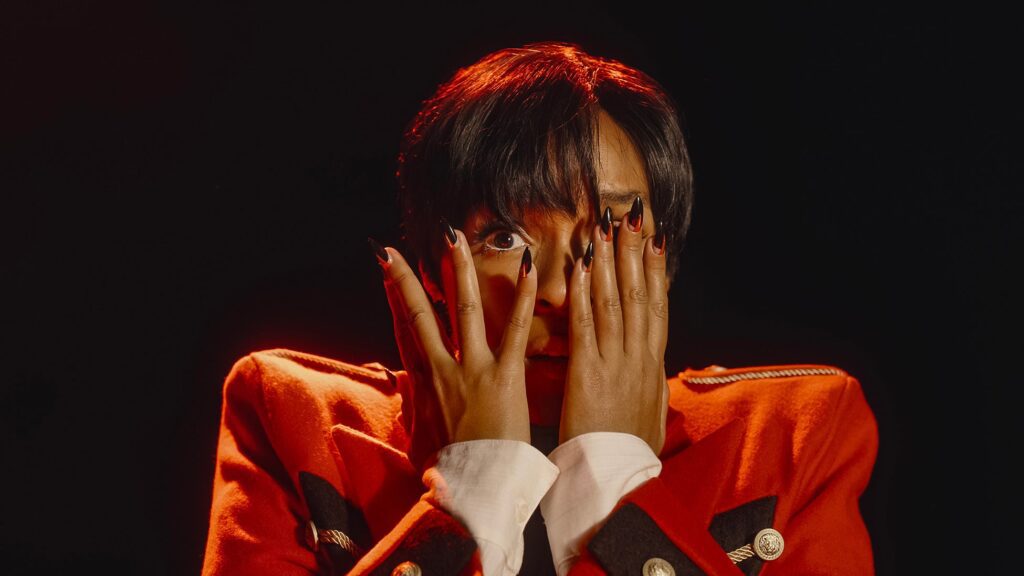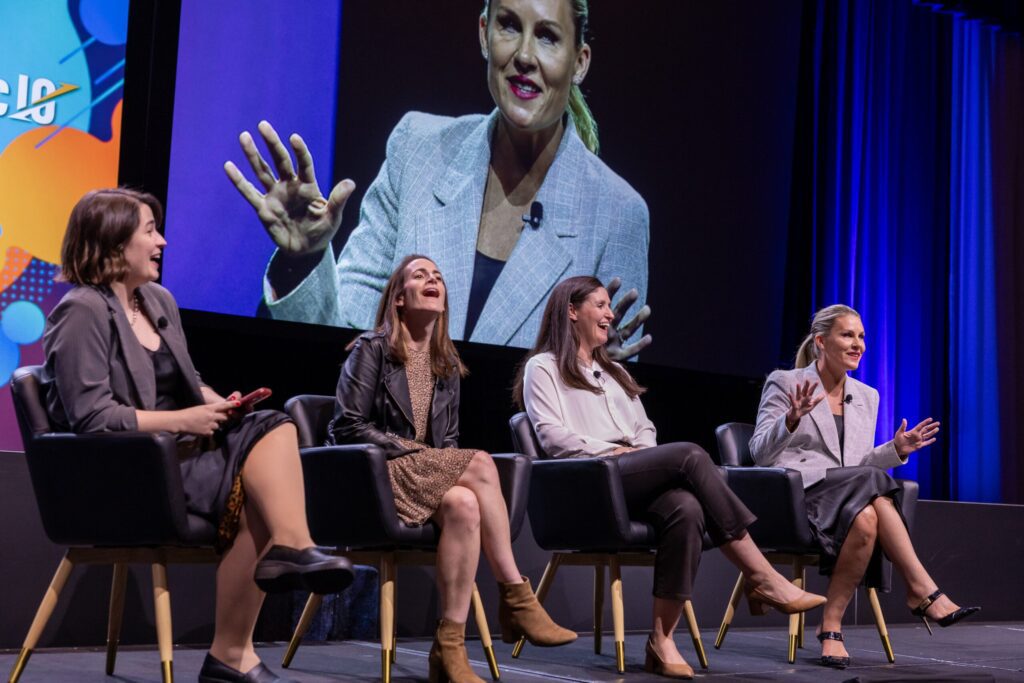 In the world of brand events, flawless execution seems pretty straightforward on the surface. It simply means you carried out an event without any major hiccups, right? Commitments were met, everything went according to plan, and the appropriate brand message was brought to light.
In the world of brand events, flawless execution seems pretty straightforward on the surface. It simply means you carried out an event without any major hiccups, right? Commitments were met, everything went according to plan, and the appropriate brand message was brought to light.
But in reality, that’s only half of the equation.
As a marketing leader, it’s your job to ensure that your initiatives ring true to the values your company touts. Without a keen sense of how to make sure your event is both flawlessly executed and aligned with your brand message, you’ll risk missing opportunities—not to mention wasting money. After all, gathering hundreds or thousands of people together isn’t cheap.
In that vein, maximizing the positive impact of your event starts with hiring and communicating properly with the right partners.
What’s your brand trying to achieve? What’s the overarching takeaway? If you want your attendees to leave the event feeling connected to your brand and its values (and you do), your event must echo each of your core goals appropriately.
If you simply hire a vendor, you risk alienating your most important stakeholders. Think about it like any other marketing initiative: Would you hire a random video producer off Craigslist to produce and run a nationwide commercial for your company? Of course not! You’d likely leverage the expertise of an ad agency to ensure you’re creating the right commercial and putting it on the air at the right times and in the right places.
Why wouldn’t you do the same for your event-based initiatives? It’s not about simply hiring a vendor to do whatever you say; it’s about hiring a partner to understand your brand message and strategy, to deliver an experience illuminating those messages for your audience, and to proactively engage with you.
Preemptive communication is the hallmark of any successful partnership. For example, sharing your goals and brand values upfront will inform your partner and enable its employees to appropriately respond to surprises on the day of the event. As you vet potential partners, it’s important to critically look at how well you can communicate with them. Here are three questions to ask yourself during the process:
- Do they have the right people in place?When you’re evaluating different partners, it’s important to ensure their individual teammates can fulfill your brand needs. This is honestly the best way for marketers to ensure the brand is front and center at an event while still allowing for flawless execution.
Don’t hesitate to ask whether you can connect with those you’ll be working with — particularly the creative lead or the executive producer. You want to make sure everyone has the appropriate skills and mindset for the job. All the pieces of the puzzle must work together to make your event successful.
- Do they use the right tech?A purposeful piece of tech wields unprecedented power to generate valuable advocates and even convert potential customers. Don’t be fooled by the flash and fanfare of cool gadgets. If a prospective vendor is using techonly to wow audiences, it’s a huge red flag. All technology used should make sense for your brand events.
Ask partners to explain their processes for deciding what tech to use at certain events. If they use the same tech across the board, move on. The creative process isn’t a one-size-fits-all endeavor, and you certainly don’t want the same tech display as every other company this vendor has worked with.
The mark of a good partner is one that outlines unique approaches to every project. It will not only identify tech that supports your goals, but it will also involve you in the process. Most important, it should perform a pre-event review to ensure its vision still aligns with your overarching goals.
- Do they perform objective checks? Marketing leaders have a lot going on. To ensure you stay abreast of the planning and execution of your campaign, any vendor you partner with needs to craft a production schedule. It should include an itemized list of tasks to be finalized leading up to the day of the show.
Keep in mind that this plan may need to be adjusted along the way, but having a template to follow will give you peace of mind should any eleventh-hour emergencies crop up. With this template to fall back on, these challenges will become workable.
You’ll want to make sure your partner is open to working with you throughout the process. You shouldn’t have your hand in every task, but including two or three objective checkpoints in your production schedule will allow you to collect and provide feedback on the event progress. This is the stage where you can identify any plans that aren’t in line with your brand standards and ensure your partner is on the straight and narrow path.
Jeff Youngs is the vice president of production and operations at GES.
 Network
Network

